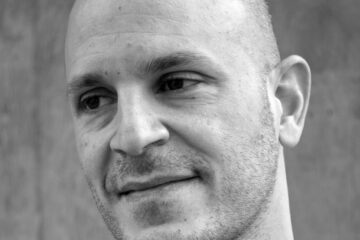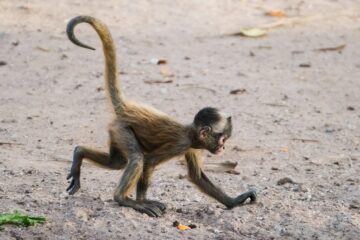Sam Hwang, Deaglan Jakob, and Munir Squires at SSRN:
 Cousin marriage rates are high in many countries today. We provide the first estimate of the effect of such marriages on the life expectancy of offspring. By studying couples married over a century ago, we observe their offspring across the lifespan. Using US genealogical data to identify children whose parents were first cousins, we compare their years of life to the offspring of their parents’ siblings. We find that marrying a cousin leads to more than a three-year reduction in offspring life expectancy. This effect is strikingly stable across time, despite large changes in life expectancy and economic environment.
Cousin marriage rates are high in many countries today. We provide the first estimate of the effect of such marriages on the life expectancy of offspring. By studying couples married over a century ago, we observe their offspring across the lifespan. Using US genealogical data to identify children whose parents were first cousins, we compare their years of life to the offspring of their parents’ siblings. We find that marrying a cousin leads to more than a three-year reduction in offspring life expectancy. This effect is strikingly stable across time, despite large changes in life expectancy and economic environment.
More here.

 In 2007 Louise Glück selected Fady Joudah as the winner of the distinguished Yale Series of Younger Poets competition. In a foreword to his debut poetry collection published the following year, The Earth in the Attic, she called Joudah a “lyric poet in whom circumstance and profession . . . have compelled obsession with large social contexts and grave national dilemmas.” Since then, Joudah has published five more collections of poetry, won numerous awards, and translated several volumes of poetry by Palestinian writers, among them Mahmoud Darwish, perhaps the best-known Palestinian poet in the English-speaking world.
In 2007 Louise Glück selected Fady Joudah as the winner of the distinguished Yale Series of Younger Poets competition. In a foreword to his debut poetry collection published the following year, The Earth in the Attic, she called Joudah a “lyric poet in whom circumstance and profession . . . have compelled obsession with large social contexts and grave national dilemmas.” Since then, Joudah has published five more collections of poetry, won numerous awards, and translated several volumes of poetry by Palestinian writers, among them Mahmoud Darwish, perhaps the best-known Palestinian poet in the English-speaking world. “Where’s my tail?”
“Where’s my tail?” T
T It’s true that Caravaggio’s reputation as a revolutionary force in Italian art remains unmatched, but Artemisia Gentileschi now overshadows all the other artists who drew on his influence. Édouard Manet, likewise, may still be seen as the key figure in the emergence of modernism in 19th-century Paris, but among those who recognized and built on his achievement, Mary Cassatt and Berthe Morisot appear far more important today than they did 50 years ago; the specific qualities of their work, unshared by their contemporaries, have come into focus. Paula Modersohn-Becker outshines most of her German Expressionist colleagues. And while Jackson Pollock remains the Abstract Expressionist par excellence, Lee Krasner and Joan Mitchell are now better appreciated than some of the male painters who were once accounted as his near-equals—Franz Kline, for example. Is just plain old “great” not great enough without the “supremely” added like a cherry on top?
It’s true that Caravaggio’s reputation as a revolutionary force in Italian art remains unmatched, but Artemisia Gentileschi now overshadows all the other artists who drew on his influence. Édouard Manet, likewise, may still be seen as the key figure in the emergence of modernism in 19th-century Paris, but among those who recognized and built on his achievement, Mary Cassatt and Berthe Morisot appear far more important today than they did 50 years ago; the specific qualities of their work, unshared by their contemporaries, have come into focus. Paula Modersohn-Becker outshines most of her German Expressionist colleagues. And while Jackson Pollock remains the Abstract Expressionist par excellence, Lee Krasner and Joan Mitchell are now better appreciated than some of the male painters who were once accounted as his near-equals—Franz Kline, for example. Is just plain old “great” not great enough without the “supremely” added like a cherry on top?